American Antiquities: Revisiting the Origins of American Archaeology
Writing the history of American archaeology, especially concerning eighteenth- and nineteenth-century arguments, is not always as straightforward as it might seem. Archaeology's trajectory from an avocation to a semi-profession to a specialized profession, rather than being a linear progression, was an untidy organic process that emerged from the intellectual tradition of antiquarianism. It then closely allied itself with the natural sciences throughout the nineteenth century, especially with geology and the debate about the origins and identity of the indigenous mound-building cultures of the eastern United States. In his reexamination of the eclectic interests and equally varied settings of nascent American archaeology, Terry A. Barnhart exposes several fundamental, deeply embedded historiographical problems within the secondary literature relating to the nineteenth-century debate about Mound Builders and American Indians. Some issues are perceptual, others contextual, and still others are basic errors of fact. Adding to the problem are semantic and contextual considerations arising from the problematic use of the term race as a synonym for tribe, nation, and race proper-a concept and construct that does not in all instances translate into current understanding and usage. American Antiquities uses this early discourse on the mounds to reframe perennial anthropological problems relating to human origins and antiquity in North America.
{{comment.content}}

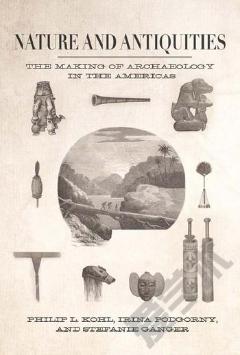
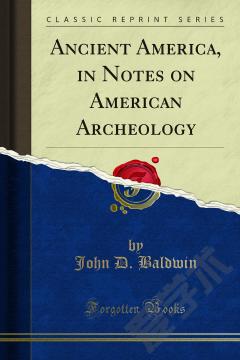
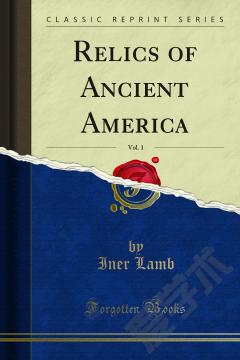
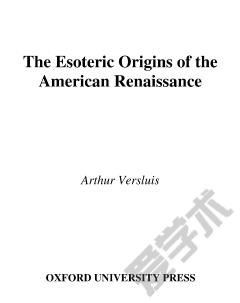

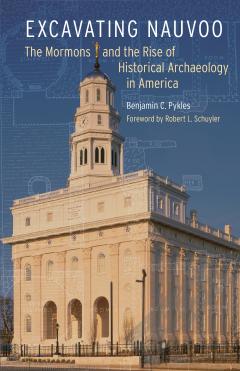

 京公网安备 11010802027623号
京公网安备 11010802027623号